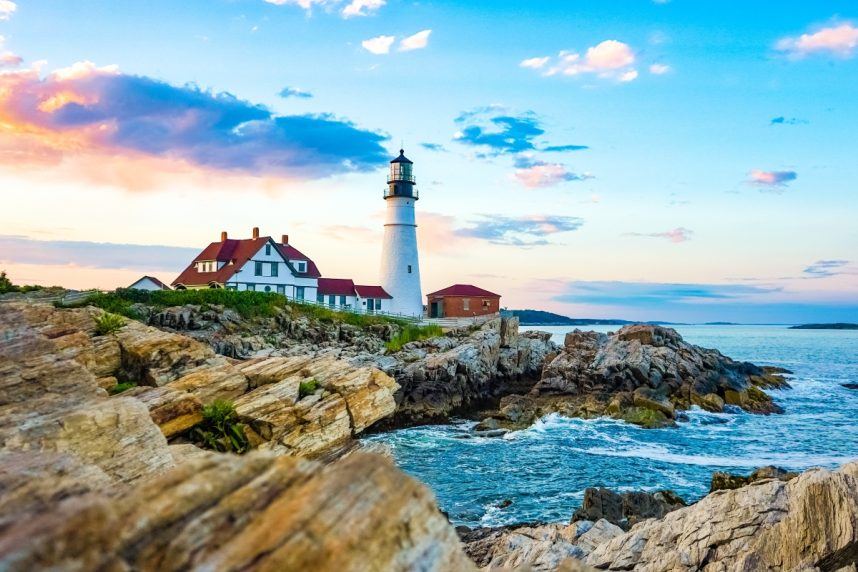Could Maine Become the Eighth iGaming State? Online Casino Legislation Resurrected
Posted on: June 6, 2025, 03:16h.
Last updated on: June 6, 2025, 03:16h.
- Legislation to authorize iGaming is back in Maine
- The bill would only allow the state’s tribes to conduct online casinos
- The odds of the iGaming bill passing are long at best
Lawmakers in Maine surprised the iGaming industry last week when a measure to authorize online casino games tabled in March advanced out of the Veterans and Legal Affairs Committee.

With the joint standing committee reporting out the iGaming measure, Legislative Document 1164/House Paper 769 moves to the Legislature’s House of Representatives and Senate for full consideration. The Veterans and Legal Affairs Committee’s actions came as a surprise after the same committee in March shelved the online casino statute ahead of the Legislature’s March 20 adjournment.
However, after Gov. Janet Mills (D) called a special session after the Democratic majority quickly passed a two-year budget plan without the typically required two-thirds majority threshold, the online casino discussions reignited as a possible way to generate new tax revenue.
The special session, which commenced on March 27, is to run through at least June 18.
Sizing Up Maine’s iGaming Market
Only seven states today allow online casinos to operate within their borders — Connecticut, Delaware, Michigan, New Jersey, Pennsylvania, Rhode Island, and West Virginia. Rhode Island was the last state to authorize iGaming in June 2023.
Unlike Pennsylvania, Michigan, and New Jersey, which have large populations, Maine is home to just 1.4 million people. That renders a rather small possible tax benefit.
The Maine Legislature’s fiscal office projects that the state might receive $1.8 million in the 2025-26 fiscal year and $3.6 million in the following fiscal year from iGaming and a 16% tax on gross revenue — barely drops in the bucket for the $11.63 billion budget the Democrat-controlled Legislature sent Mills.
LD1164 would provide the Wabanaki Nations — Maine’s four federally recognized tribes — with the exclusive rights to iGaming. The Maliseet, Micmac, Passamaquoddy, and Penobscot, should the iGaming bill pass the Legislature and be signed by Mills, would allow each tribe to partner with one online gaming firm, with FanDuel, DraftKings, and BetMGM a few possible suitors.
The four tribes already possess the exclusive rights to operate online sports betting in Maine. To avoid oversaturation, three of the tribes aligned with Caesars Sportsbook and split the revenue. The Passamaquoddy is partnered with DraftKings.
Odds Remain Long
With a minuscule possible tax benefit at the proposed 16% tax rate on iGaming gross gaming revenue, and stern opposition from the state’s two land-based casino operators — Penn Entertainment and Churchill Downs — it’s unlikely that Maine will join the online casino fray.
Penn and Churchill, which respectively operate Hollywood Casino Bangor and Oxford Casino Hotel, say iGaming would steal play from their facilities. That would lead to reduced GGR and other property revenue, which in turn would lead to a forecasted 400 jobs lost and as much as $67 million in reduced annual state tax revenue.
Additionally, Mills has repeatedly expressed opposition to more gambling. Though the governor did sign the state’s 2022 bill that gave the tribes the online sports betting privileges, a year earlier, she vetoed legislation that would have allowed the Native American communities to open gambling businesses on their tribal lands.
No comments yet